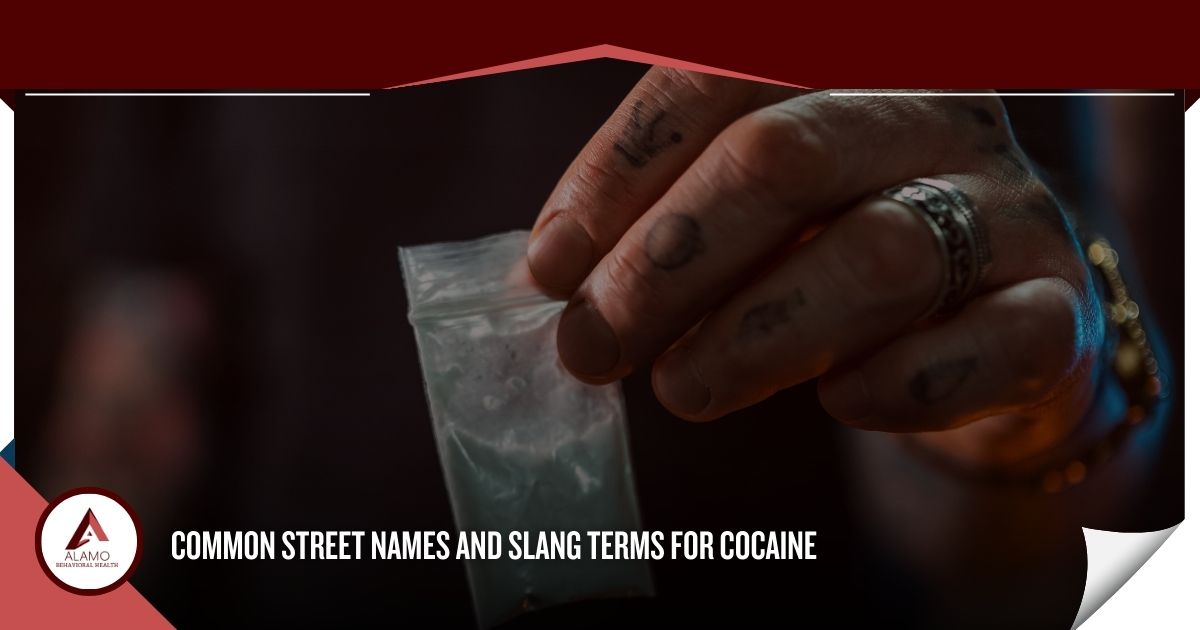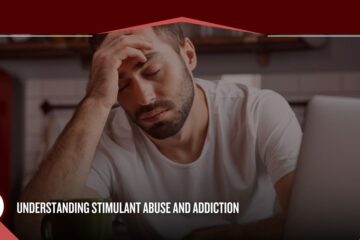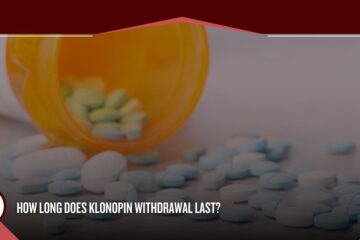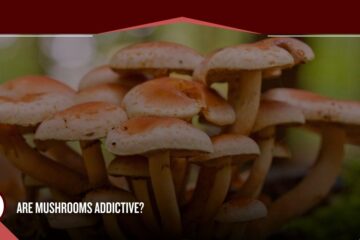
Cocaine is an addictive, illegal drug. People make cocaine from the leaves of a South American coca plant. When people use cocaine, they experience stimulant effects, including more energy and heightened senses.
People in South America have been using coca leaves as a stimulant drug for thousands of years. Traditionally, people in this region would chew the leaves or brew them in a tea. In the 1900s, people began to extract pure cocaine hydrochloride to use for medical and recreational purposes.
Doctors noticed that patients who received cocaine in a medical setting would often become addicted to it. They realized that cocaine addiction can harm people’s health and emotional well-being. In 1914, the United States created laws prohibiting people from using cocaine for recreational purposes.
Fewer people used cocaine after it became illegal. However, cocaine’s popularity increased in the 1970s and 1980s. A new drug called crack cocaine became popular.
Today, cocaine abuse is still a severe problem in the United States. According to the National Survey on Drug Use and Health, about 1.5 million people abuse cocaine or are addicted to it.
This article will explore many of the common street names and slang terms for cocaine.
If you or someone you love struggles with cocaine abuse or other substance use disorders, you are not alone. Effective, holistic treatment is available at Alamo Behavioral Health. Contact us now to learn about your treatment options. You may also schedule an intake assessment.
Cocaine Street Names
Cocaine is a powerful stimulant drug. Using any form of cocaine increases central nervous system (CNS) activity. Users experience mood changes, more energy, and heightened senses.
There is a long history of cocaine use and abuse throughout the world. As a result, there are many slang terms and street names for cocaine. Some slang for cocaine refers to its appearance, which is most often a white powder.
Recognizing these slang terms may help you identify cocaine abuse in a loved one. Some of the most common street names for powdered cocaine include:
- Flake
- Line
- Blow
- Coke
- Nose candy
- Pearl
- Snow
- Sneeze
- Rail
- Sniff
- Speedball
- Toot
- Dust
- Big C
- Bump
Crack cocaine has a different appearance. It is a solid form of the drug. Smoking crack cocaine can have immediate and long-term consequences for your health and well-being.
There are many different street terms for crack cocaine, including:
- Chemical
- Hard rock
- Dice
- Hail
- Jelly beans
- Snow coke
- Tornado
- Scrabble
- Gravel
- Black rock
- Candy
- Grit
- Sleet
- Rocks
- Nuggets
- Purple caps
There are also slang terms for mixtures of cocaine and other substances. Dealers and cocaine users may combine cocaine with other drugs. Some of the slang terms for these combinations include:
- Boy-girl (cocaine and heroin)
- Bump-up (cocaine and MDMA)
- C&M (cocaine and morphine)
- Ozone (cocaine mixed with PCP and marijuana)
- Candy flipping on a string (mixing MDMA and LSD with cocaine)
- Outer limits (Cocaine and crack cocaine with LSD)
Recognizing slang references to cocaine can help you identify when someone in your life is using cocaine. This can be especially helpful for parents of adolescents.
If a loved one uses common street names for cocaine, it could mean they are abusing this addictive drug. Watch for signs of cocaine abuse and addiction. Seek the support of a rehab program as quickly as possible.
The Effects of Cocaine Abuse
Cocaine abuse can cause short and long-term effects. Being aware of these effects can help you identify cocaine abuse and seek treatment.
Short-term effects of cocaine include:
- Dilated pupils
- Elevated blood pressure and heart rate
- Muscle twitches
- Tremors
- Paranoia
- Increased energy and alertness
- Irritability
- Restlessness
- Vertigo
Some people may experience more severe side effects, including:
- Panic attacks
- Heart attack
- Seizures
- Irregular heart rhythms
- Psychosis
- Stroke
- Violent behaviors
People who use large amounts of cocaine are more likely to experience these effects. However, life-threatening complications from cocaine abuse can happen to anyone–even the first time they use it.
Treatment for Cocaine Abuse and Addiction
Comprehensive treatment programs can help you stop using cocaine and support long-term addiction recovery. During a cocaine addiction treatment program, you will get the treatment and support you need to detox from cocaine and avoid relapse.
Treatment programs include:
- Assessment and screenings
- Medically-supported detox programs
- Individual counseling
- Behavioral therapies
- Mental health treatment
- Medical care
- Group therapy
- Family therapy
- Medications to manage withdrawal symptoms
- Relapse prevention education
- Aftercare planning
Cocaine addiction is a complex condition. Heavy or frequent cocaine use can change how your body and brain work. These changes can make it very difficult to stop using cocaine when you choose.
The support and treatment you receive in a cocaine addiction treatment program can help you safely stop using cocaine. It will give you support and space to identify the roots of your substance abuse. Then, you will create a plan to avoid relapse for the rest of your life.
Comprehensive cocaine addiction treatment programs are available at Alamo Behavioral Health. Contact us now to learn more or to schedule an intake assessment.




